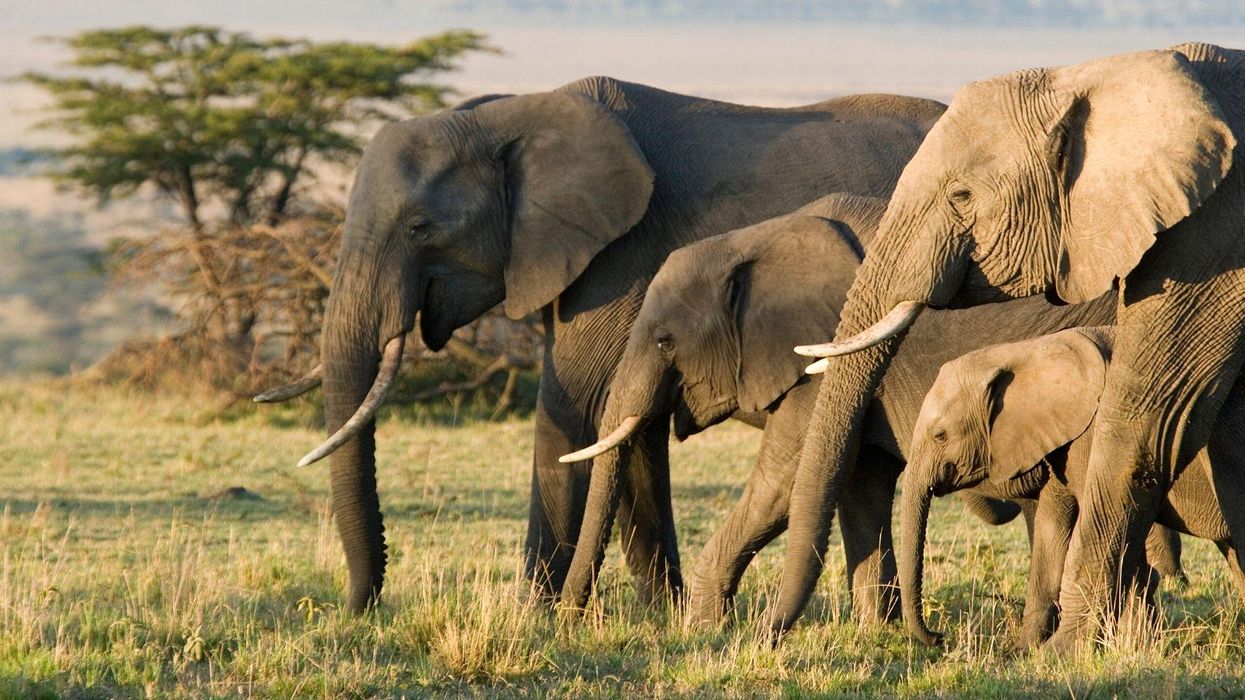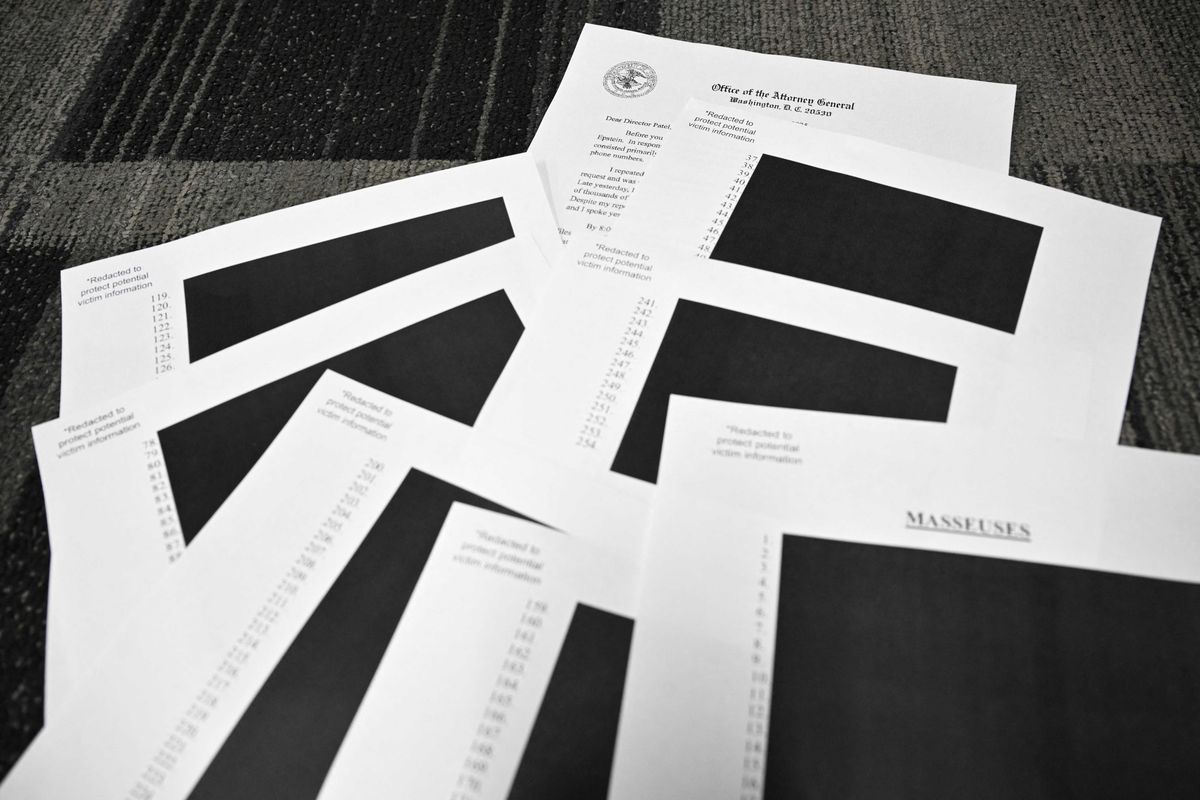Moya Lothian-McLean
Jul 02, 2020

iStock
Over 350 elephants have died suddenly in Botswana in the last two months, leaving experts baffled – and alarmed.
Since the beginning of May, conservationists have spotted over 350 elephant carcasses scattered around the Okavango Delta, in northern Botswana.
Many elephants had died face down, as if they had just keeled over, and others have been spotted walking around in circles prior to their deaths, leading some to believe that they are being attacked by a neurological disease.
One single flight over the delta spotted a shocking 169 corpses.
In an interview with the BBC, Dr Niall McCann of UK charity National Park Rescue, ruled out typical causes of sudden elephant deaths, such as cyanide poisoning, sometimes used by poachers, or anthrax.
"It is only elephants that are dying and nothing else," Dr McCann said. "If it was cyanide used by poachers, you would expect to see other deaths”.
Dr McCann called the deaths a “conservation disaster”.
“You see elephants as assets of the country. They are the diamonds wandering around the Okavango delta,” he said.
“It’s a conservation disaster – it speaks of a country that is failing to protect its most valuable resource.”
Botswana is home to the world’s largest number of elephants and a third of Africa’s entire remaining savannah population.
Around 15,000 elephants are estimated to live in the delta alone.
There’s been criticism of how Botswana’s government are handling the burgeoning crisis, with questions raised over their slow response in getting samples from the dead elephants tested.
“When we’ve got a mass die-off of elephants near human habitation at a time when wildlife disease is very much at the forefront of everyone’s minds, it seems extraordinary that the government has not sent the samples to a reputable lab,” said Dr McCann.
Reporters for The Guardian confirmed with Botswana’s acting director for wildlife and national parks that samples had now been sent off but results would not be available for several weeks.
Dr Cyril Taolo also refused to identify which laboratories the samples had been sent to.
“We have sent [samples] off for testing and we are expecting the results over the next couple of weeks or so,” he said.
“The Covid-19 restrictions have not helped in the transportation of samples in the region and around the world. We’re now beginning to emerge from that and that is why we are now in a position to send the samples to other laboratories”.
As if 2020 needed another mysterious virus...
Top 100
The Conversation (0)












